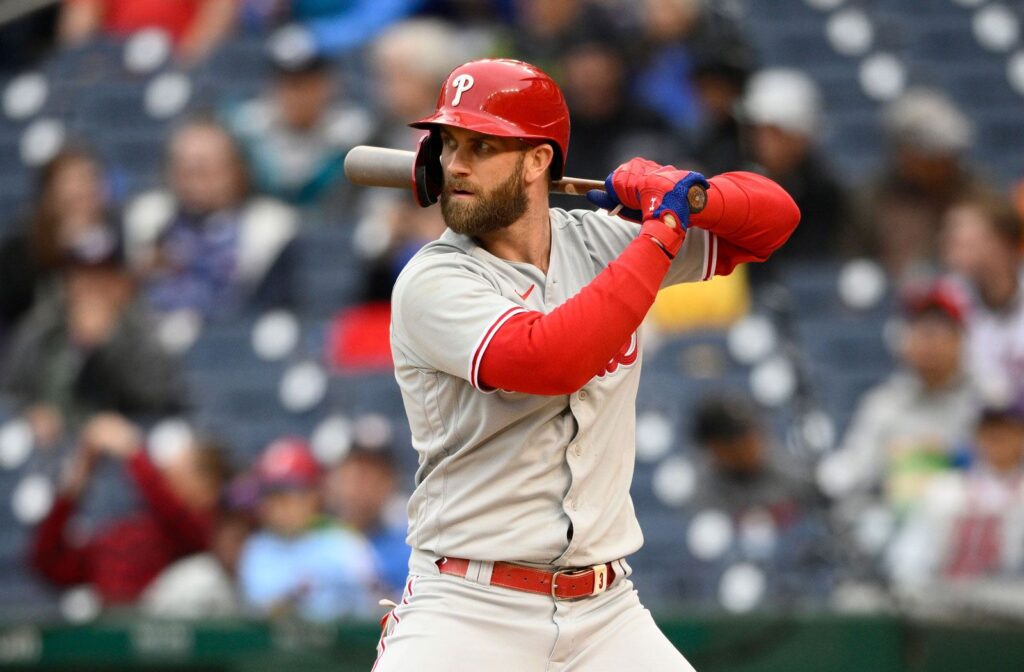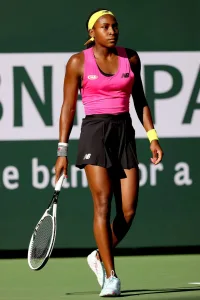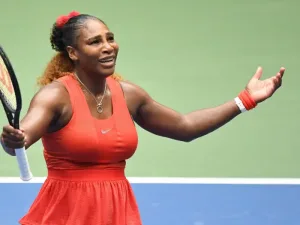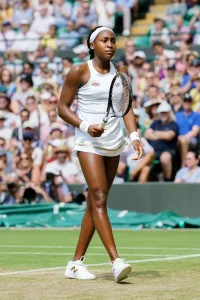Bryce Harper’s Future with the Phillies in Question Amid Contract Talks and Team Direction Concerns”

Bryce Harper, the Philadelphia Phillies’ star right fielder, has been a centerpiece of the team’s identity since signing a record-breaking 13-year, $330 million contract in 2019. However, as contract talks reportedly hit a snag and questions about the team’s direction loom, Harper’s future with the Phillies is suddenly under scrutiny. The stakes are high, as Harper’s decision could not only shape the future of the franchise but also have a ripple effect across Major League Baseball.
The Contract Situation
When Harper signed his deal, it was the largest in MLB history at the time, and it represented a significant commitment from both the player and the organization. Harper’s no-trade clause and lack of opt-outs were clear indicators of his desire for stability and a long-term home in Philadelphia. In return, the Phillies expected to build a championship-contending team around their superstar.
However, as the Phillies navigate the complexities of managing their payroll and building a sustainable contender, Harper’s contract, which still has nine years remaining, has come under the microscope. Recent reports suggest that discussions around restructuring the deal or possibly extending it have hit roadblocks, raising concerns about Harper’s contentment with the organization’s direction.
The Phillies have been aggressive in free agency and trades in recent years, acquiring big names like J.T. Realmuto, Zack Wheeler, and more recently, Trea Turner. Yet, despite these investments, the team has struggled to achieve the consistency needed to be perennial World Series contenders. This inconsistency has fueled speculation that Harper could be growing frustrated with the pace of the team’s progress, leading to uncertainty about his future.
Team Direction and Performance Concerns
Beyond the contract issues, the Phillies’ overall direction is also a point of concern for Harper. Since joining the team, Harper has seen mixed results on the field. The Phillies have had their moments, including making it to the playoffs, but they have often fallen short in the postseason, leaving much to be desired for a team that has invested heavily in star power.
The franchise’s long-term strategy remains unclear, particularly in terms of balancing the roster with the right mix of veteran stars and emerging talent. The farm system, once touted as one of the best in baseball, has not consistently produced at the major league level, creating gaps that the front office has tried to fill with costly free-agent signings and trades.
Additionally, questions have been raised about the Phillies’ ability to develop their young players. Harper, who came up through the Washington Nationals’ system, understands the importance of a strong player development pipeline, and the Phillies’ struggles in this area could be a significant factor in his future decisions.
Harper’s Commitment to Winning
Harper has never been shy about expressing his desire to win. He has publicly stated on numerous occasions that his ultimate goal is to bring a championship to Philadelphia. His leadership on and off the field has been crucial in rallying the team during tough stretches, and his passion for the game is evident every time he steps onto the field. However, with each passing season without a deep playoff run, the pressure mounts.
The Phillies’ front office must now navigate these choppy waters carefully. Harper’s influence within the organization is immense, and his opinion likely carries weight in decisions about the team’s future moves. If Harper feels that the team is not fully committed to building a winner, the possibility of seeking a way out of his long-term deal, despite the absence of opt-outs, could grow.
What’s Next for Harper and the Phillies?
While it’s unlikely that Harper would leave Philadelphia in the immediate future, the uncertainty surrounding his contract and the team’s direction could lead to a pivotal moment for the franchise. The Phillies must find a way to align their plans with Harper’s aspirations, both financially and competitively, to ensure that their partnership remains fruitful.
For now, the focus will remain on the upcoming season and whether the Phillies can make the necessary moves to convince Harper that his best chance to win is still in Philadelphia. As the team prepares for what they hope will be a breakthrough year, all eyes will be on the front office to see how they address the concerns of their biggest star and whether they can navigate the challenges ahead to keep Bryce Harper in the City of Brotherly Love for the long haul.
Ultimately, the future of Bryce Harper with the Phillies is a complex narrative that intertwines financial commitments, team performance, and the overarching goal of winning a World Series. How the Phillies handle these challenges could define the next chapter for both Harper and the franchise.







